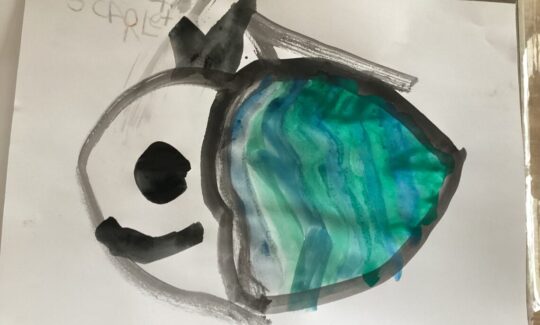Supporting The School Readiness Journey
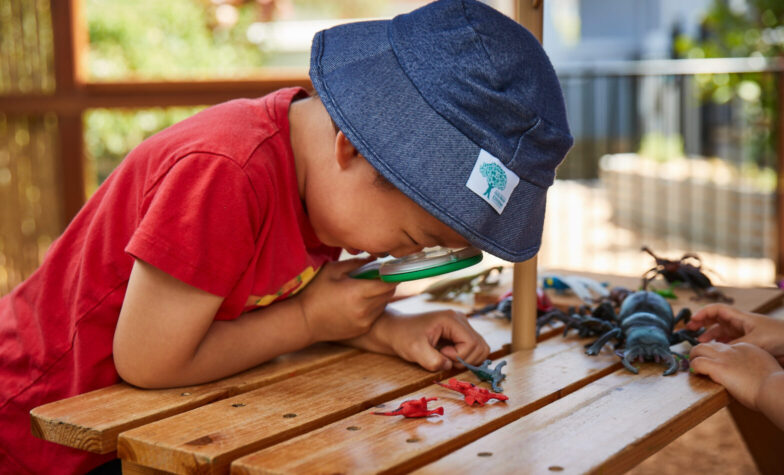
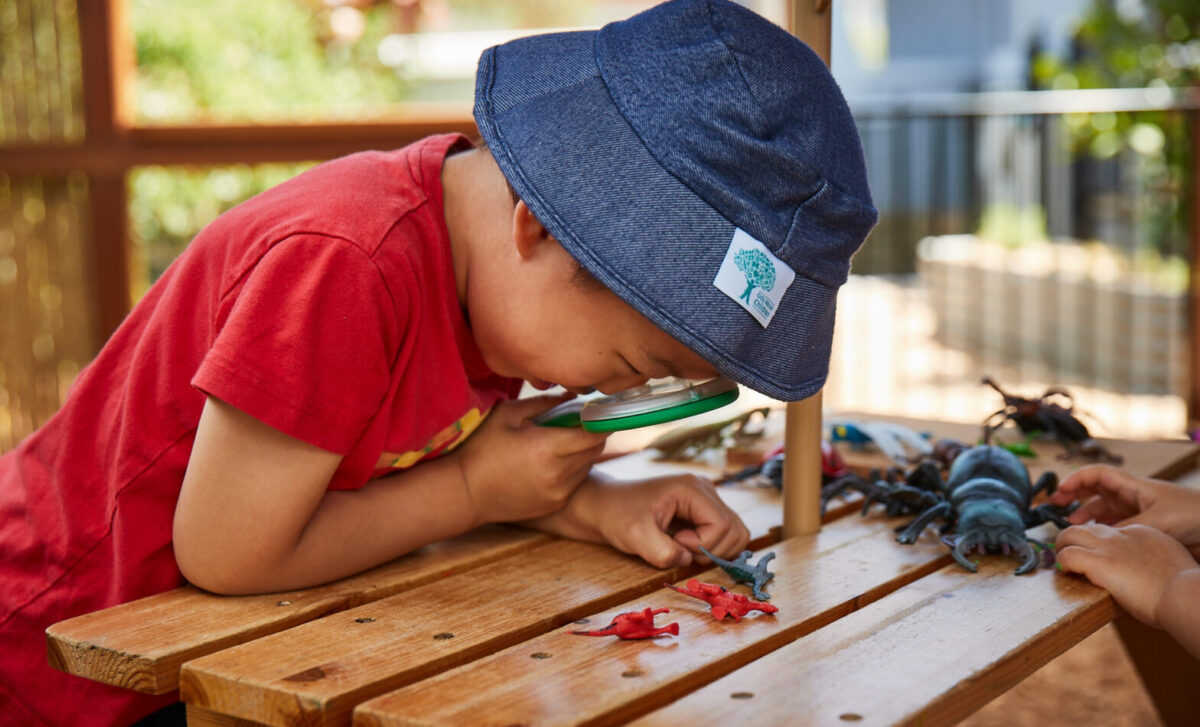
“Children’s images of themselves as learners tend to be more positive when they have a positive start to school.”
Hadley, Wilcox & Rice (1994)
How is your child feeling about the change from Preschool/Kindergarten to Big School?
For some children the change process can feel overwhelming and the build of “going to big school” from well-meaning adults can lead to anxiety.
Consider using phrases such as, “it may be different and new but there will be some things the same”, “There will be lots for you to explore and learn about”.
Most primary schools have a balance between more structured learning whilst still having elements of play based learning opportunities.
For some children, Primary school can be anticlimactic and mentally exhausting.
For those nervous children, a clever tip is to create a “worry list” with strategies for each worry.
It is important to gauge your child’s feelings about the transition to ensure a happy middle ground can be maintained when celebrating and building excitement in the journey.
Talk to others and advocate for your child’s emotional wellbeing during the transitional period.
What can families do to support a positive transition to school?
Doing some preparation in the weeks and months leading up to the first day of school can help with any mixed feelings you and your child may have. Here are some tips:
- Parents may benefit from recognising and unpacking their own feelings about their child’s transition to primary school.
- If possible, connect locally with other families, through playgrounds, or facebook community pages. Visit local fetes or fairs, visit the library.
- Walk around the school and the route to school, spend time talking about the signage or artwork around the school, safety aspects and stranger danger.
- Spend time talking to your children about the boundaries within the school and how to keep themselves safe.
- Visit the school during afternoons or on weekends, and where possible identify boundary lines and fences &/or after school buildings.
Some other ideas include:
- Discuss with your children how to join others in play and provide them with specific short phrases to learn such as “can I join in?”, “looks like fun, can I have a turn next?”
- Share in conversations with your child to build strategies if another child says no, or doesn’t let them join in. What do they like to do alone? Are there other children they could approach?
- Even if they have strong friendships, encourage a diversity in case friendships are broken, friends are away, or interests fade.
- Practice and teach games such as tag, hop scotch, dance, all those wonderful games that they can use in the school yard.
- Encourage emergent literacy and numeracy, that is learnt through real life everyday experiences and exploring the world around them.
- Support your child in writing in birthday cards, creating shopping lists, writing reminder post it notes for family or signage around the house like “don’t eat the strawberries!”
- Discuss the phonic difference between the sound of letters and their identifying name. For example, “That letter is called S, it makes the sound sssss”. This is a capital letter and this is a lowercase letter.
- When reading books, discuss the front page, title of the book, the author and illustrators’ names and their roles, see if your child can tell you the story based on the comprehension of the illustrations.
- Explore numeracy through weighing fruit and vegetables at the shops, identify speed signs, how much was the petrol?
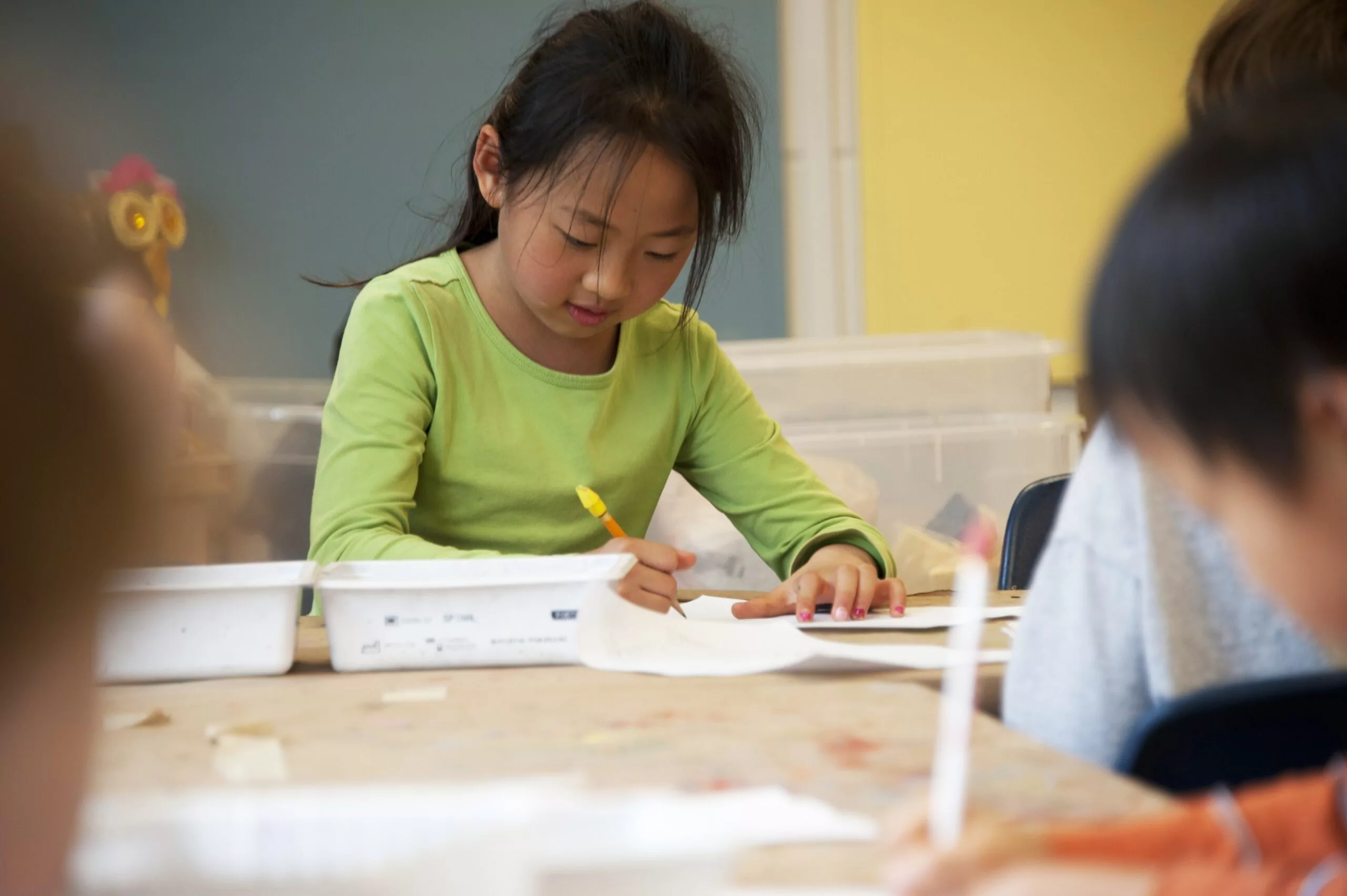
How will your campus support the transition to school?
At Only About Children, we believe in a holistic approach in the preparation for the next stage of a child’s learning journey. Some of the activities we do to help your child get ready for Big School are:
- Provide parents with a mid-year Grow Story which shares learnings and development.
- Teachers have discussions with parents to identify goals for the remainder of the year.
- Preschool/Kindergarten groups may explore similarities and differences between Preschool/Kindergarten and school.
- Teams will be thinking collectively around the feelings for families and children during this transitional time.
- Lunchbox week – where children have the opportunity to experiment and practice opening, closing their boxes and packaging to build success.
- Uniform Week – where children have the opportunity to wear their uniforms to the campus with their peers.
- Educators may speak to your child’s primary school teachers who may also visit the campus.
To learn more, read our Introduction to School Readiness article.
What can parents do on the first day of school?
Ready…Set…School!
To help you and your child ease into the new school routine:
- Continue with your normal drop off routine, maintain familiarity.
- Be mindful that a “whole family drop off” may cause more distress on the first day, potentially do this a few days in.
- Upon pick-up, spend time exploring the yard where your child played, ate lunch etc., you can talk about these places for the next day.
- Ask specific questions such as “Was there anything funny that happened today?”, “Was there anything that worried you today?” Rather than “How was your day”.
- Remember the phrase “it will get easier” for both you and your child.
If you have any questions about school readiness, please speak with your Campus Director or Educators.
You can find more information about school readiness and Only About Children’s preschool/kindergarten programs here:
Session 1 – Grow With Us – School Readiness – An Introduction
Session 3 – Grow With Us – School Readiness – How Can I Tell If My Child Is Ready?
Only About Children can help your child to grow, make friends and explore the world.
Only About Children can help your child to grow, make friends and explore the world.
Related Reads
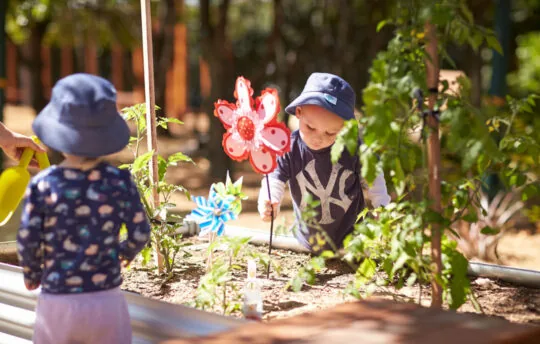
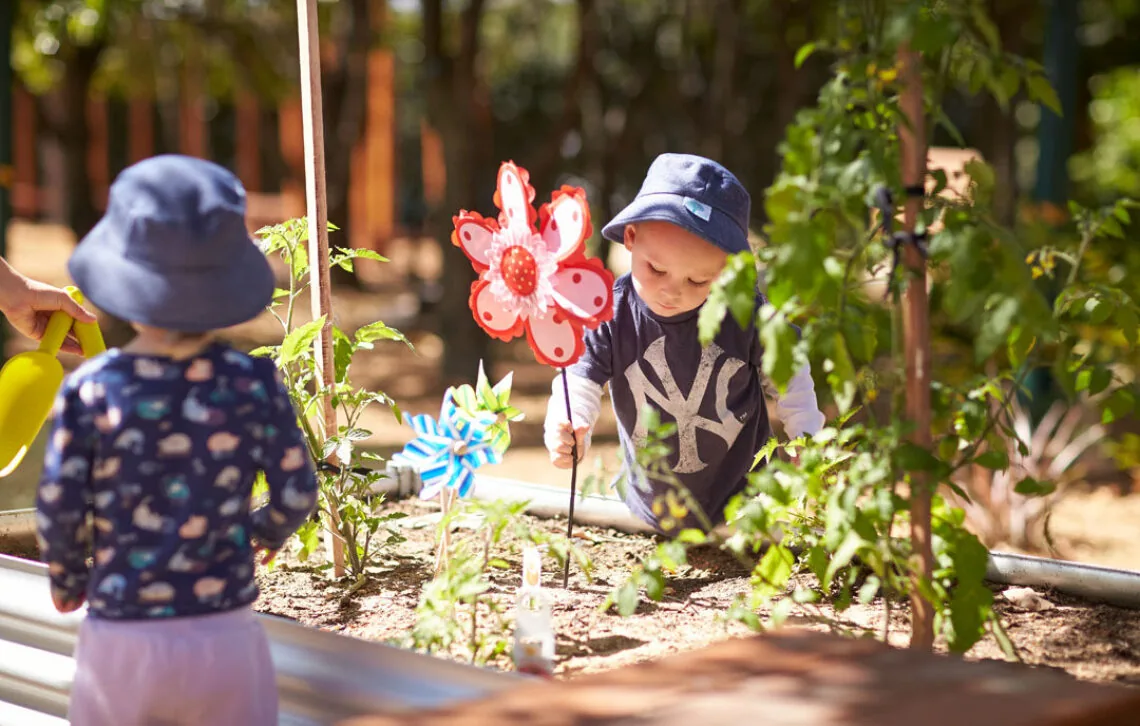
Choosing The Right Preschool/Kindergarten For Your Child
Choosing the right Preschool/Kindergarten for you child can be a daunting task. When exploring the ideal preschool choices for your child, there is no need to navigate blindly. Simply by asking the right questions, you can find the perfect match.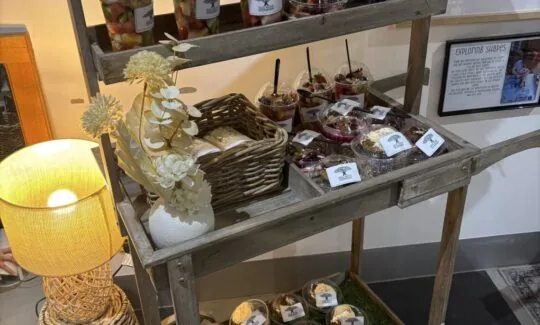

Picnic Fun and Family Connections at OAC Mernda
Our OAC Mernda community came together for International Picnic Day, enjoying a fun-filled afternoon of connection, conversation and belonging.